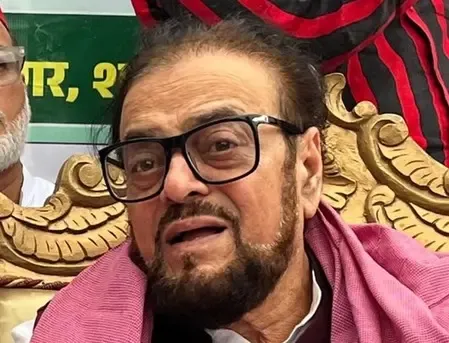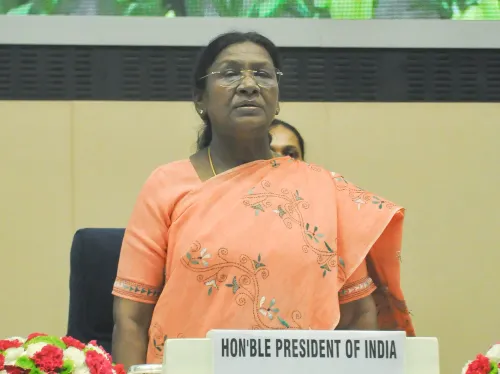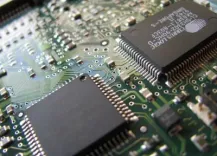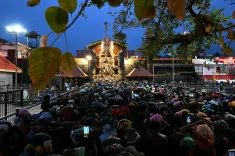Will Russia's Data Centres See Power Usage Triple This Decade?
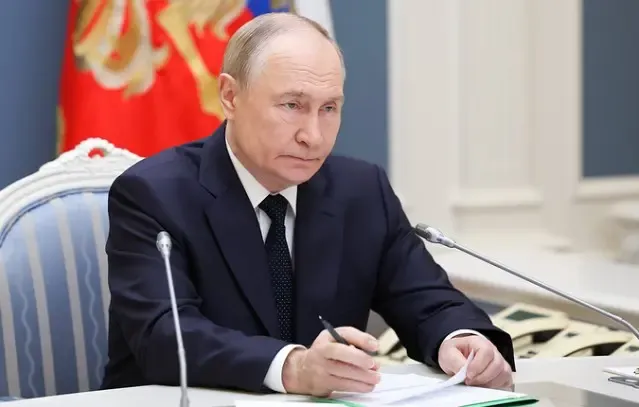
Synopsis
Key Takeaways
- Power consumption of data centres in Russia is set to triple this decade.
- Russia will construct 38 nuclear power units over the next 20 years.
- Data centres will be strategically located near nuclear power plants.
- Investment focus is on computing power and energy generation.
- Russia aims to strengthen its presence in the Arctic.
Moscow, Nov 20 (NationPress) Russian President Vladimir Putin has stated that the energy consumption of data centres in Russia is projected to more than triple throughout this decade. To support this surge, the country is set to construct additional nuclear power units.
During his remarks at the AI Journey conference held in Moscow on Wednesday, Putin emphasized, "The most crucial and foundational task is to guarantee a stable, reliable, and consistent supply of substantial energy to data centres."
He further elaborated that the planning of data centre locations must be carefully synchronized with the ongoing enhancement of the national energy infrastructure, which includes modern, eco-friendly coal-fired power generation along with other clean energy sources like nuclear power.
Notably, Putin indicated that Russia will persist in establishing data centres at the sites of existing nuclear power plants, as reported by Xinhua.
Regarding future projects, he mentioned that within two decades, 38 nuclear power units are planned for construction, mainly in the regions of the Urals, Siberia, and the Russian Far East. The total capacity of these units will nearly match the current nuclear power generation capacity.
Putin highlighted the significance of artificial intelligence development, calling it potentially one of the greatest technological endeavors in history.
He stated, "Investment priorities are centered on increasing computing capabilities and producing additional gigawatts of energy, which are vital for the dependable operation of our expanding digital infrastructure."
Previously, on Tuesday, President Putin participated via video link in the keel-laying ceremony for the nuclear-powered icebreaker Stalingrad at the Baltic Shipyard in St. Petersburg, according to TASS news agency.
During the ceremony, he outlined Russia's strategic objectives in the Arctic, stressing the importance of enhancing the nation's long-term presence in that region.
He conveyed the necessity of fully tapping into the country’s logistical capabilities and ensuring the development of a promising trans-Arctic transport corridor connecting St. Petersburg to Vladivostok.

